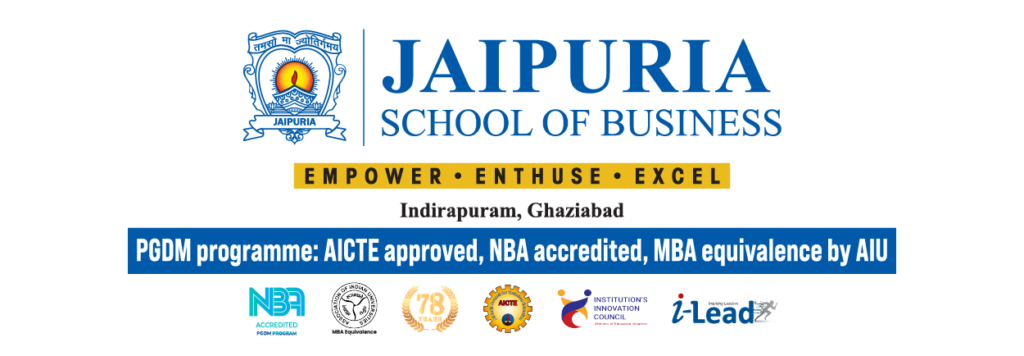The Role of Emotional Intelligence in Effective Leadership and Team Management

The world is changing at a rapid pace and so is the stress and tension of people working in organizations. What makes the matter worse is when they are being shot and screwed by the impulsive behavior of their bosses. Its very rightly said by our late Hon President of our country “People don’t leave the organizations, rather they leave their Boss”.
The question arises does the success of the organizations is dependent on Transactional Leadership or “Transformational Leadership”. Does emotional intelligence and emotionally stable leaders bring a turnaround to the organizations? Many have their consent for the later. Leaders if lack EI will have negative consequences like higher attrition and “quite quitting” in the organization and ultimately the entire health of the organization will suffer.
Hence EI is one’s ability to understand, recognise and adjust the emotions in positive ways. It helps the leaders to communicate effectively, being more empathetic and overcome challenges while involving and engaging team together in a more positive manner.
According to the World Economic Forum “Emotional intelligence is the ‘something’ in each of us that is a bit intangible. top pgdm colleges in delhi It affects how we manage behavior, navigate social complexities, and make personal decisions that achieve positive results.”
Hence EI is vital for the leaders those who want to incorporate a relationship based on trust among their team members ensuring high engagement, feel valued, happier and motivated in their work and roles.
There are four quadrants of EI Leaders:
It’s been proved by no. of research that strong and successful leaders have high EQ and are able to build more connection and motivation among team members, with high level of productivity and generating sense of satisfaction and happiness.
In the recent past EI has evolved and is considered to be a must-have skill. The research done by EQ Provider Talent Smart interprets that EI is the strongest predictor of performance and is strongly noticed by companies while hiring managers. A survey done by CareerBuilder says that 71% of employers value EQ over IQ, and reports that employees with high EI are calm under pressure, have the ability to resolve conflict effectively and are more empathetic in their approach towards their co-workers.
As organizations assert that employees and leaders need to have high EQ as EI skills are crucial for career success which need to be reflected in one’s attitude, work ethics, communication, conflict management and stress management. top pgdm colleges in delhi Therefore, it’s imperative for business schools to emphasize these emotional intelligence skills in the classroom as corporate assume people should know to adequately behave on the job. They believe employees instinctively know the significance of being punctual, taking initiative, being approachable, taking effective decisions under pressure, and producing high-quality work. Hence high EI is a strong predictor of success.
The best part is emotional intelligence can be learned and developed. More and more business schools and organizations are inculcating and implementing EQ training programs in their curriculum and training. Following are the ways through which EI can be increased:
- When in anger, frustration, anxiety etc., look into the mirror and question yourself “what’s going on with ME right now?” rather than accusing others.
- Look into the positive things “silver lining”. Best is smile and let go the negative thoughts.
- Practice yogic breathing for self-control and stress reduction.
- Learn to say NO. Think before you act, pause before responding, and avoid making any impulsive decisions.
- When you watch movies, pay attention to the specific emotions the characters are experiencing and how you can relate; this will help expand your awareness and build empathy.
- Become in concurrence to the effect you have on others. This can be done by just being in present and through active listening.
- Take accountability for your actions and apologize when wrong.
- Take 360-degree assessment of self and become open for feedback from your manager, colleagues, and peers.
Emotional intelligence is crucial to demonstrate strong and authentic leadership. This can be the most effective shift one can make to improve the leadership skills and build strong interpersonal relationships with employees and managing team effectively. This can help motivate the team and provide space for everyone’s feedback in decision-making, yielding a strong team spirit and better results for a leader, their team, and their business overall.

